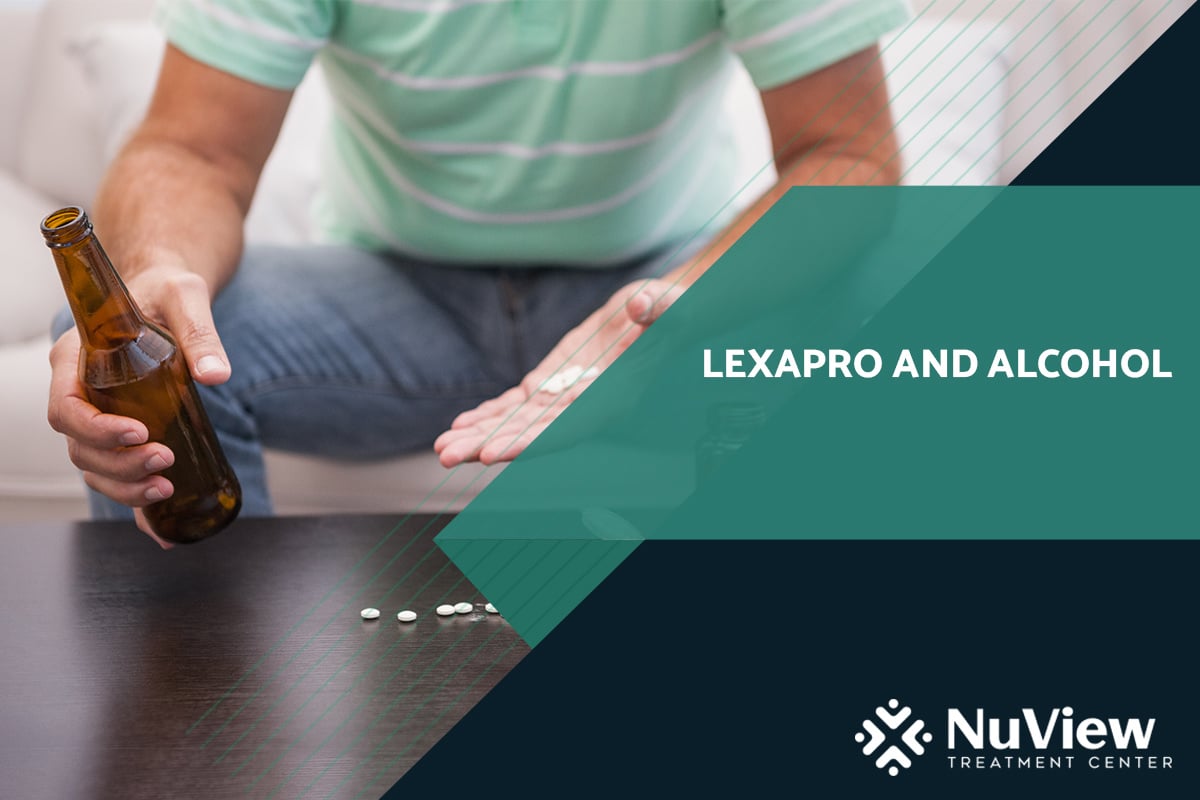Alcoholic ketoacidosis is a serious condition triggered by heavy (or binge) drinking and poor nutrition. Typically observed between the ages of 20 and 60 years, it is extremely unpleasant, characterized by symptoms like vomiting and abdominal pain.
In this blog, we shall seek to comprehensively address alcoholic ketoacidosis, the causes, symptoms, and the different treatment options available to you.
What Is Alcoholic Ketoacidosis?
Alcoholic ketoacidosis is also known as alcoholic ketosis or alcoholic acidosis. It typically develops in people who drink heavily and skip meals. This kind of excessive alcohol consumption can lead to malnourishment, where the body does not receive the nutrients it needs to function optimally. As a consequence, the body begins to produce ketones to maintain energy.
Ketones are acidic chemicals, like acetone, that the body produces when it lacks glucose. The presence of these ketones creates a very acidic environment within the body. In fact, if not treated immediately, the build-up of ketones can lead to a more severe condition called metabolic acidosis, which is life-threatening.
What Are The Causes and Risk Factors Of Alcoholic Ketoacidosis?
Alcoholic ketoacidosis develops after heavy drinking episodes, especially when a person prioritizes alcohol use over eating a nutritious diet. While there is no set quantity that defines what heavy drinking means, and it can differ based on personal factors, this is what the National Institute on Alcohol Abuse and Alcoholism (NIAAA) categorizes as heavy drinking or binge drinking:
- For men, it means 5 or more drinks within a period of 2 hours. Or, it can also mean more than 14 drinks in a week.
- For women, it means 4 or more drinks within a period of 2 hours. Or, it can also mean 7 or more drinks in a week.
Furthermore, certain risk factors can increase the likelihood of the condition, such as:
- Alcohol withdrawal
- Liver damage
- Peptic ulcer
- Pancreatitis
- Gallbladder inflammation.
Get Started With Nuview Treatment Center
Our dedicated professional staff is here to guide you or your loved one on the journey to lasting recovery, offering support every step of the way.
What Are The Symptoms Of Alcoholic Ketoacidosis?
Alcohol ketoacidosis symptoms can vary depending on the amount of alcohol consumed and the level of ketones present in the body. However, here are the commonly recognizable symptoms:
- Vomiting
- Abdominal pain
- Confusion
- Agitation
- Appetite loss
- Fatigue
- Dehydration
- Rapid breathing
- Lowered alertness, which can also lead to coma.
If anybody is experiencing any of these symptoms, it is crucial to contact the nearby healthcare providers or emergency providers (like 9-1-1 in the U.S.) immediately. If not given immediate attention, alcoholic ketoacidosis can become a life-threatening condition.
Diagnosing Alcoholic Ketoacidosis
To confirm alcoholic ketoacidosis, healthcare providers run the following physical examinations:
- Blood alcohol test
- Blood glucose test
- A urine test is performed to test the level of ketones.
- Amylase and lipase tests are meant to test the pancreas's functioning.
- An arterial blood gas test is conducted to check blood oxygen levels as well as acid/base balance.
- Anion gap calculation is meant to test potassium and sodium levels.
- A blood chemistry panel is performed to check metabolism rates.
- A blood urea nitrogen test is conducted to check kidney function.
- Creatinine tests are meant to test kidney function.
- Serum lactate test is done to check lactate levels in the blood.
What Are the Complications of Alcoholic Ketoacidosis?
Alcoholic ketoacidosis, if not immediately attended to, can turn into a life-threatening condition in itself. However, it can lead to other complications like the following:
- Pneumonia
- Pancreatitis
- Gastrointestinal bleeding
- Encephalopathy (brain dysfunction causing confusion, memory loss, or coma)
- Seizures
- Coma.
Get Started With Nuview Treatment Center
What Are the Treatment Options for Alcoholic Ketoacidosis?
Alcoholic ketoacidosis is an emergency condition treated in the emergency room. The vitals are consistently monitored, and fluids are administered intravenously. To treat malnourishment commonly linked with alcohol, vitamins and nutrients are provided, which include magnesium, phosphorus, potassium, and thiamine.
Depending on how severe the symptoms are, the person may also be monitored closely in the ICU. In case of complications, the length of the treatment can be extended.
While alcoholic ketoacidosis treatment options are immediate, they do not address the underlying problem leading to this condition; the underlying problem being uncontrolled drinking or alcohol use disorder. Therefore, the person may need comprehensive treatment programs involving behavioral therapies, medication management, social support, and ongoing care to decrease or prevent the risk of alcoholic ketoacidosis in the future.
Preventing Alcoholic Ketoacidosis
Preventing alcoholic ketoacidosis is always better than curing it. As this condition is heavily related to heavy drinking, the only way to prevent alcoholic ketoacidosis is to limit alcohol consumption. Of course, in cases of alcohol dependence and alcohol use disorder, this is very difficult. In fact, abruptly quitting alcohol can lead to severe (and even life-threatening) alcohol withdrawal symptoms. Therefore, seeking medical advice and professional help for alcohol dependence and alcohol use disorder is important. These conditions must be managed carefully with medically supervised detoxification, psychotherapeutic interventions, and social support for lasting recovery and sobriety.
Find Treatment for Alcohol Abuse in Los Angeles
At the NuView Treatment Center, we provide evidence-based psychotherapeutic interventions like motivational interviewing, cognitive behavioral therapy, contingency management, group therapy, and 12-step recovery programs to ensure lasting recovery and prevent relapse. We also provide medication management to reduce cravings and other symptoms related to alcohol use.
Alcohol use disorder can be treated in our outpatient settings with partial hospitalization programs or intensive outpatient programs, where one does not have to put their life on hold to receive comprehensive yet personalized treatment. We also believe in making the right care easily accessible to everyone, so we provide personalized telehealth services to ensure that even those living in remote and underserved areas receive the care they deserve.
Take your first step toward healing today!
If you or a loved one is struggling with alcohol use, do not wait any longer. Call NuView at (323) 307-7997 or email us at info@nuviewtreatment.com now.
Frequently Asked Questions
How do you know if you have alcoholic ketoacidosis?
Abdominal pain, slowed movement, dizziness, vertigo, vomiting, decreased appetite, and rapid breathing are all symptoms of alcoholic ketoacidosis, which can be experienced after heavy drinking.
Is alcoholic ketoacidosis an emergency?
Yes, it is an emergency. If not given immediate medical attention, it can turn life-threatening.
How to differentiate between alcoholic and diabetic ketoacidosis?
Both of these conditions lead to abdominal pain, but diabetic ketoacidosis also involves high blood sugar, extreme thirst, and frequent urination, while alcoholic ketoacidosis is marked by recent drinking, low or normal blood sugar, and elevated ketones.
- What Is Alcoholic Ketoacidosis?
- What Are The Causes and Risk Factors Of Alcoholic Ketoacidosis?
- What Are The Symptoms Of Alcoholic Ketoacidosis?
- Diagnosing Alcoholic Ketoacidosis
- What Are the Complications of Alcoholic Ketoacidosis?
- What Are the Treatment Options for Alcoholic Ketoacidosis?
- Preventing Alcoholic Ketoacidosis
- Find Treatment for Alcohol Abuse in Los Angeles
- Frequently Asked Questions
- What Is Alcoholic Ketoacidosis?
- What Are The Causes and Risk Factors Of Alcoholic Ketoacidosis?
- What Are The Symptoms Of Alcoholic Ketoacidosis?
- Diagnosing Alcoholic Ketoacidosis
- What Are the Complications of Alcoholic Ketoacidosis?
- What Are the Treatment Options for Alcoholic Ketoacidosis?
- Preventing Alcoholic Ketoacidosis
- Find Treatment for Alcohol Abuse in Los Angeles
- Frequently Asked Questions
Get Help Today!
Everyone is Welcome Here and We All Have Your Back
Your healing journey deserves a personalized approach. At NuView, we integrate expertise in behavioral therapy, mental health, and substance use treatment to create a customized recovery plan tailored to your unique needs.
Connect with our Admissions Specialists today.







Written By
Dr. Ryan Peterson